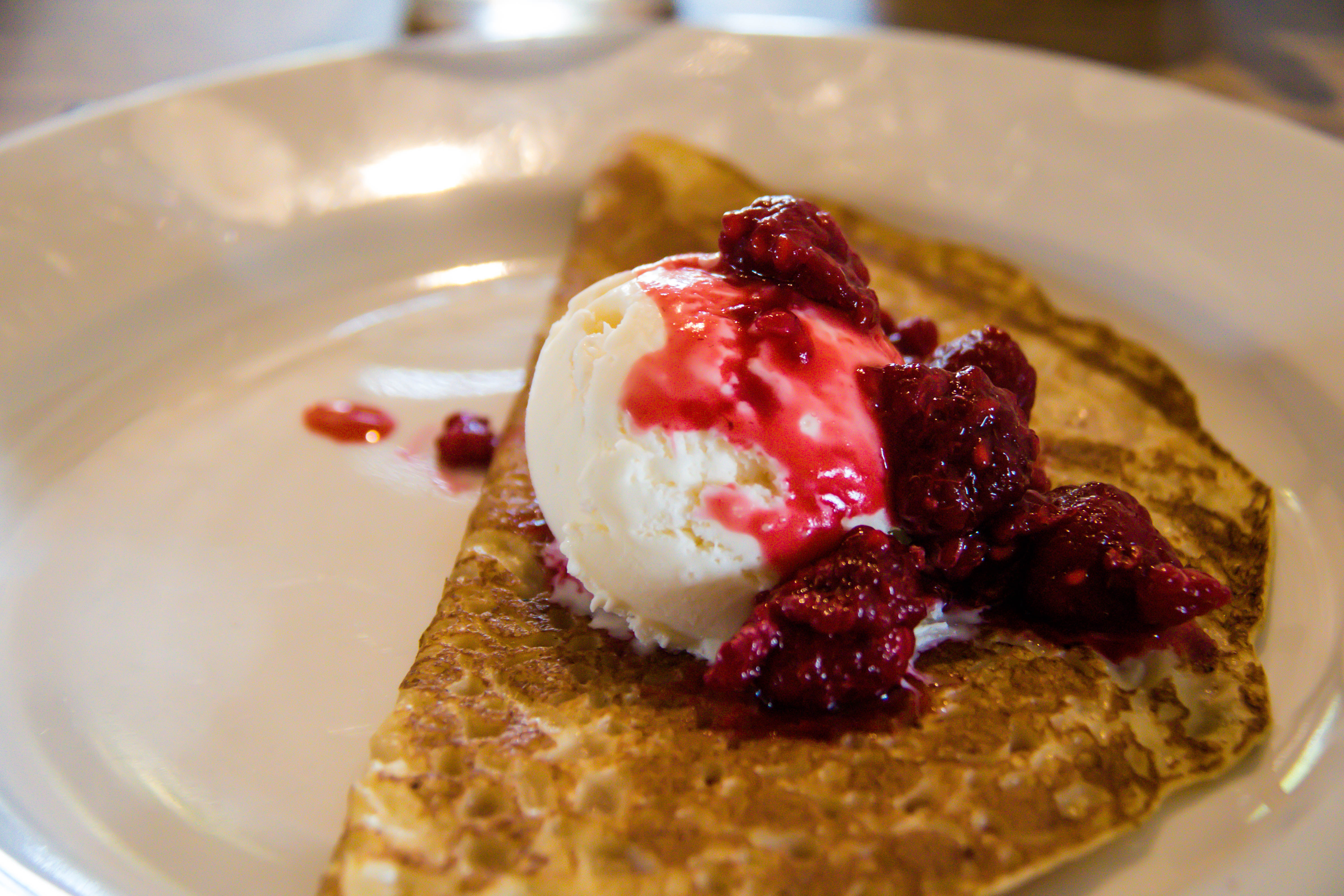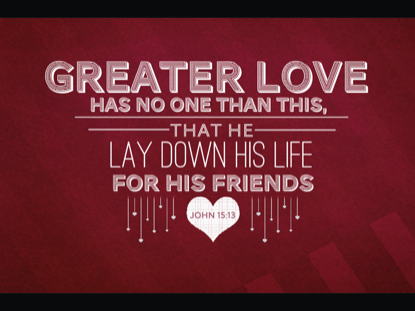Yesterday was pancake morning in our home. We offer a variety of ways to top your ‘cake around here – with or without almond butter, with or without blueberries, and with either jam or syrup. (We have dunking cups for the syrup – no dousers allowed.) With such a smorgasboard, kids have to do a little of the pancake-topping work.
I noticed one particular pancake with a large glob of jam and its owner getting ready to scoop more. I warned her to stop and she protested, “but there’s none on the edges!” I explained, we don’t need more. We just have to put it in the right places.
That’ll preach.
Moving, buying a house, leaving the work in which I had been engaged, allowing our primary salary to land on a scale considerably less than our former potential… all of this adds up to a bit of money stress. Of course, we willingly took it on, we weren’t blinded. And we’re no different than any other family. No matter the income level, my friends are typically trying to stretch their dollars.
Then one day, I stumbled into a little passage in Deuteronomy 29. “I have led you forty years in the wilderness; your clothes have not worn out on you, and your sandal has not worn out on your foot.”
In the Christian circles, “God will provide” is common language. And he does. I love the stories of the groceries arriving on the doorstep on the exact day or the check appearing in the exact amount. These things happen. The ways in which God is faithful to provide can often be found when we’re stretched to the point of need, rather than want.
This passage, however, tells us of another way that “God provides.” He simply takes away the need. God, being the Creator of the Universe, could have created Shoe Valley, in which the Israelites stumbled into a land of Nikes. (But probably not, because they’re not fair trade, and we know God is not into child labor.) This take on provision would’ve made a killer climax in the Exodus story. People would remember a land full of shoes.
But he didn’t. He simply made last what the people already had. They didn’t get new shoes because he made it possible to not need new shoes.
I have to wonder, especially in our current context, if the long-lasting shoe version of provision might be more applicable than the miraculous appearance provision we often anticipate. God could, indeed, drop a check in my lap. Or an opportunity to make more money. Or a really great sale on back-to-school supplies.
Or I could find that he has allowed our dollars to [miraculously] stretch. We could see God as the source of a smaller income that still pays all the same bills. We might discover the blessing of needing less.
There are times when the jam doesn’t reach the edge of the pancake. Right now, I’m making sure the jam might not need spread out a bit.


